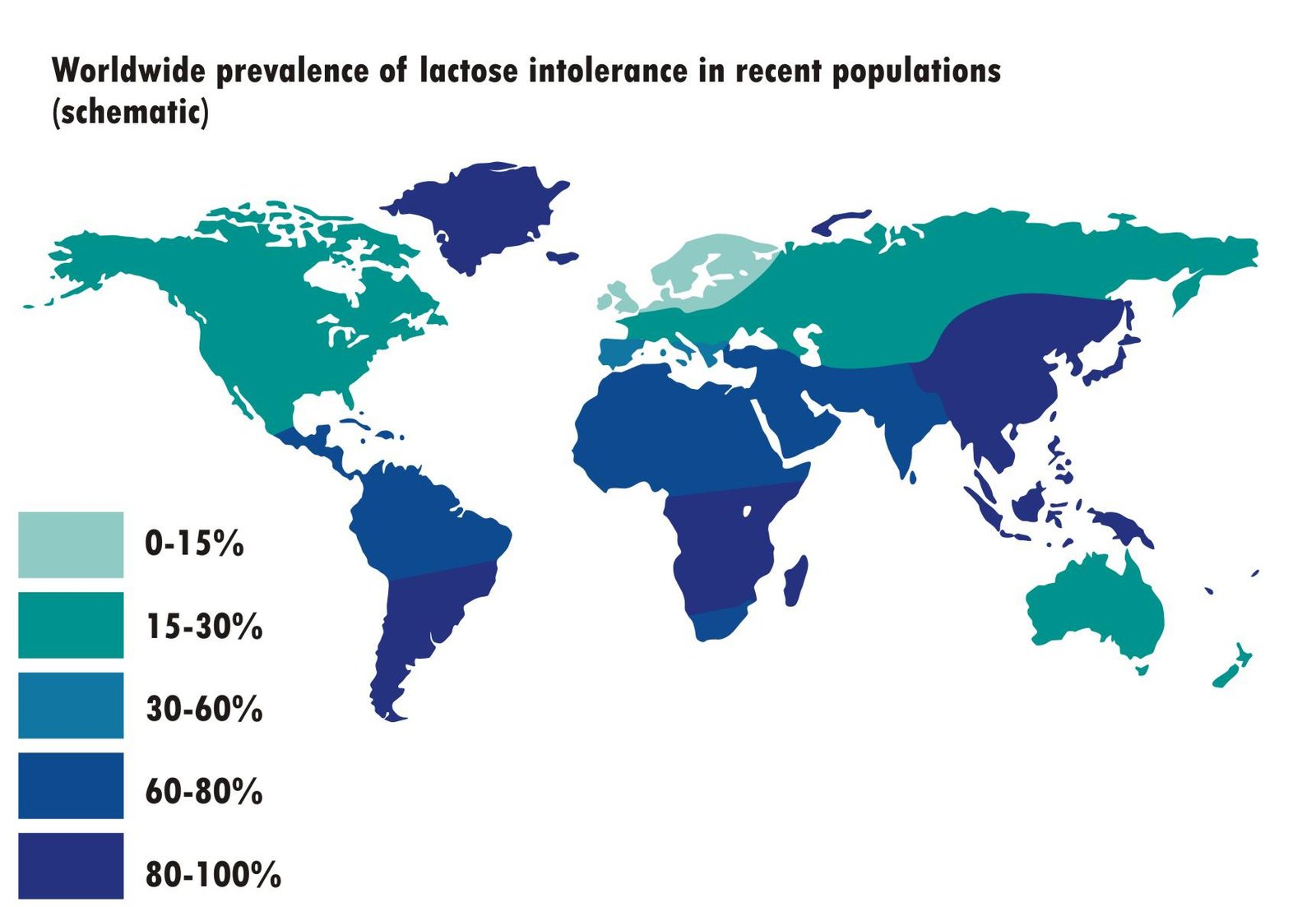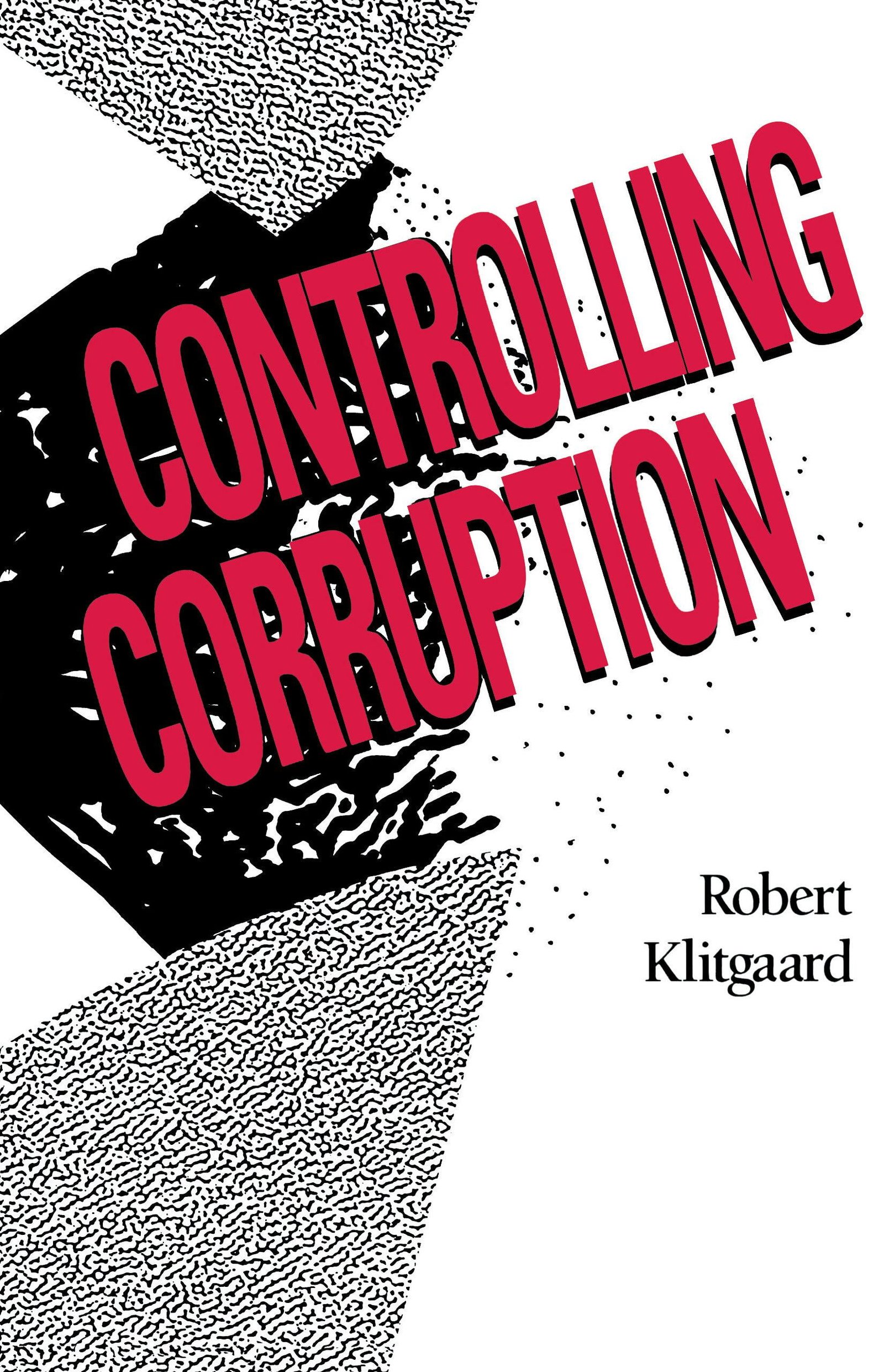Now Reading: “The Dark Side of Sports: Examining Issues of Doping, Corrupti
- 01
“The Dark Side of Sports: Examining Issues of Doping, Corrupti

“The Dark Side of Sports: Examining Issues of Doping, Corrupti
Sports have long been a source of entertainment, competition, and camaraderie for people all around the world. However, beneath the surface of the games we love to watch and participate in, lies a dark side that often goes unnoticed. From doping scandals that tarnish the integrity of athletes, to corruption within governing bodies that manipulate the very essence of fair play, the world of sports is not immune to controversy. In this article, we will delve into the murky waters of these issues, examining the impact they have on the sports industry and questioning the ethics of those involved.
The prevalence of doping in sports: A widespread issue
Doping in sports is a pervasive issue that continues to tarnish the integrity of competitive athletics. The allure of achieving greater strength, speed, and endurance through performance-enhancing substances has led many athletes down a dangerous path of deceit and dishonesty. The prevalence of doping not only compromises the fairness of competition but also poses serious health risks to athletes who succumb to the pressure to excel at all costs.
Key issues surrounding doping in sports include:
- The use of banned substances and methods to gain a competitive advantage
- The manipulation of drug testing protocols to avoid detection
- The role of coaches, trainers, and support staff in facilitating doping practices
- The financial incentives for athletes to succeed at all costs

Examining corruption in sports governance
Sports governance is an integral part of maintaining the integrity and fairness of competitive sports. However, behind the scenes, there are often instances of corruption that threaten the very foundation of sports as we know it. Issues such as doping scandals, match-fixing, and bribery are just a few examples of the dark side of sports that plague the industry.
One of the major challenges in addressing corruption in sports governance is the lack of transparency and accountability within governing bodies. Without proper oversight and measures in place to prevent corrupt practices, athletes and fans alike are left vulnerable to the whims of those in power. In order to effectively tackle these issues, it is essential for stakeholders to come together and prioritize accountability, fairness, and integrity in all aspects of sports governance.
The impact of doping and corruption on athlete well-being
The use of performance-enhancing drugs in sports has long been a controversial issue that has far-reaching consequences on athlete well-being. Doping not only poses serious health risks to athletes but also undermines the integrity of competition. It can lead to long-term health problems, tarnish an athlete’s reputation, and ultimately affect their mental and physical well-being.
In addition to doping, corruption within sports organizations can also have a detrimental impact on athlete well-being. When athletes are subjected to bribery, match-fixing, and other corrupt practices, it creates an environment of mistrust and unfair competition. This not only harms the athletes directly involved but also erodes the principles of fair play and sportsmanship that are essential for the well-being of all athletes.
Regulatory measures to combat doping and corruption in sports
In order to combat doping and corruption in sports, regulatory measures must be put in place to enforce fair play and uphold the integrity of the games. One key measure is the establishment of strict anti-doping policies and testing protocols to detect and deter athletes from using performance-enhancing substances. These measures help to ensure that competitions are conducted on a level playing field and that the results accurately reflect the athletes’ abilities.
Another important regulatory measure is the implementation of transparency and oversight mechanisms to prevent corruption in sports. This includes promoting good governance practices, such as financial transparency and accountability, to prevent bribery and other forms of corruption. Additionally, creating independent oversight bodies and whistleblower protection programs can help to uncover and address instances of corruption, ultimately protecting the integrity of sports.
Promoting transparency and integrity in the world of sports
In the world of sports, there exists a dark side that often goes unnoticed – issues of doping and corruption. Athletes who resort to doping not only compromise the integrity of the sport but also put their own health at risk. It is essential for sports organizations to be transparent in their efforts to combat doping, to ensure a level playing field for all competitors.
Corruption is another prevalent issue in sports, as officials and governing bodies may be swayed by money or power. This undermines the trust that fans and athletes have in the fairness of competitions. By promoting transparency and holding individuals accountable for their actions, we can strive to create a more ethical and honest environment in the world of sports.
In Conclusion
In conclusion, the dark side of sports is a complex issue that encompasses various forms of doping, corruption, and unethical practices. It is crucial for sports organizations, athletes, and fans to remain vigilant and actively address these issues in order to uphold the integrity and spirit of fair competition. By shedding light on these challenges and holding individuals and institutions accountable, we can work towards a cleaner and more transparent sports industry that promotes honesty, fairness, and the true essence of athletic excellence. Only through continued awareness and action can we strive for a future where sports are a source of inspiration and unity rather than controversy and deceit.












